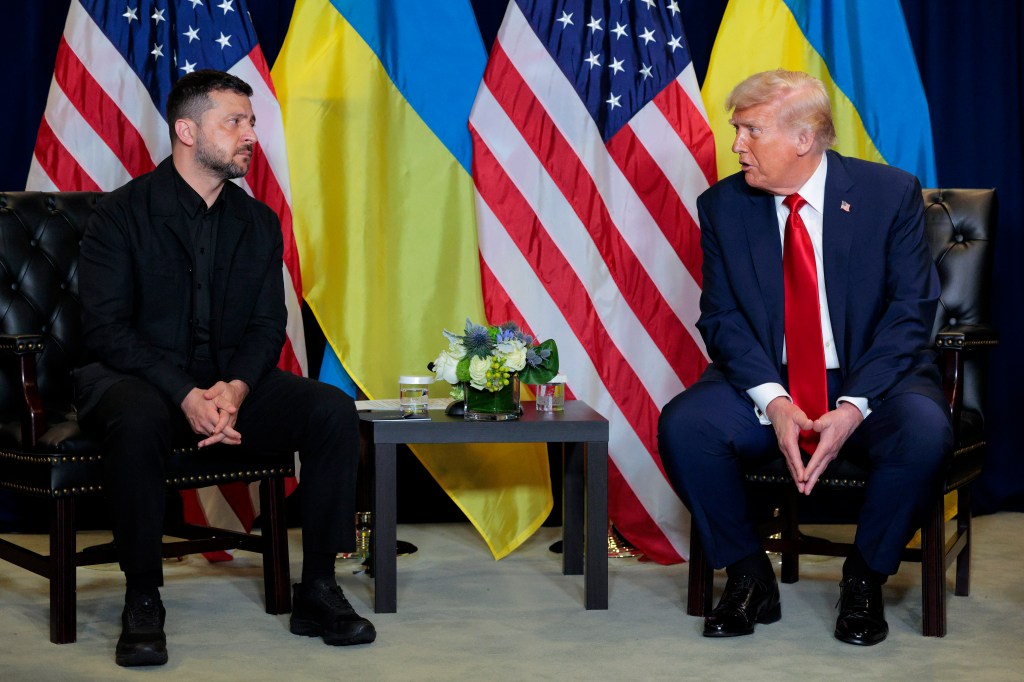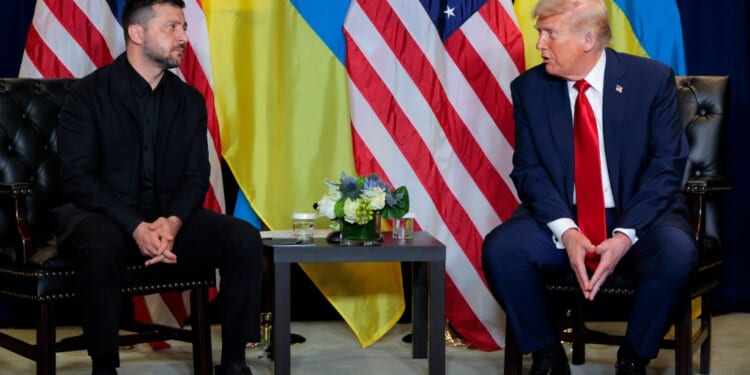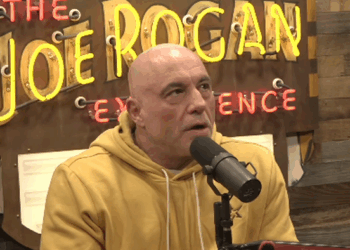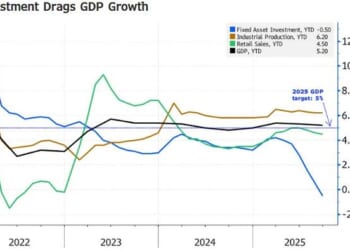
It is not true that Donald Trump has been promising a health care plan—and failing to deliver it—since 2016. In fact, Trump has been promising a health care plan—and failing to deliver it—since 2011. “Nobody knew health care could be so complicated!” he famously explained. Some people knew, and by “some people,” I mean everybody but Trump.
No one knew trade could be so complicated, either, I suppose—that trade war that is “good, and easy to win” is not working out as planned. Or the deficit—witness the fiasco DOGE turned out to be. Or bringing down prices. Crime, immigration, entitlements—all too complicated for this guy.
And then there’s Ukraine.
Back when Trump was just a Page Six grotesque and social climber, Spy magazine famously described him as a “short-fingered vulgarian.” It turns out that his fingers aren’t the problem, but his short little attention span—not his grip, but his grip on the issues and, from time to time, on reality.
Trump has had enough of the Russia-Ukraine war. And so he says that the U.S. role will now be to sell weapons to NATO “to do what they want with them.” He added: “Good luck to all!”
Trump being Trump, he is all over the map (the map upon which I suspect he could not identify Ukraine with one of those short fingers). Not long ago, he was sure that Ukraine couldn’t win—he also claimed that Ukraine had started the war—and that the Ukrainians needed to get to a negotiated settlement as soon as possible. Now he says he thinks the Ukrainians may be able to take back all of the territory occupied (and annexed in some cases) by Russia, a proposition that is, unhappily, at least as implausible as any other dumb thing that has come out of Trump’s mouth. He writes (on social media, of course) that he came to this conclusion “after getting to know and fully understand the Ukraine/Russia Military and Economic situation.” (As always, the illiterate capitalization is in the original.)
Donald Trump has served a full term as president of these United States and then spent most of Joe Biden’s term getting ready to run for another term of his own, which he is now well into—and he’s just now “getting to know and fully understand the Ukraine/Russia” situation?
Who knew a sprawling military, political, and cultural conflict … wrapped up in, oh, 1,000 years of history … could be so complicated?
There are several limitations on the Trump administration’s approach to Ukraine.
One limitation, or complicating factor, is that while the United States is on one side of the conflict, Trump’s circle is full of people who are effectively or openly on the Russian side, from J.D. Vance to Roger Stone to Tulsi Gabbard—not to mention, from time to time, Trump himself. The barely disguised Putinism in the administration is so pronounced that Graham Stuart, a British MP who has served in senior ministerial roles under Conservative governments, recently mused: “We have to consider the possibility that President Trump is a Russian asset.” The Trump administration cannot articulate a coherent U.S. policy on Ukraine because there is no agreement within his administration about the issue and because Trump and many of those close to him prefer Vladimir Putin to any democratically elected leader in Europe. Trump and those around him also resent the Ukrainians because Trump tried to strong-arm Kyiv into helping him smear Biden (as though that guy required smearing) and ended up failing in his effort and then was impeached over it.
Another limitation is that Trump, and many of those around him, genuinely does not understand the basics of how our government works or what it does. Ask any guy on a barstool—or Elon Musk—how significant U.S. foreign aid spending is, and they’ll tell you it is a top item. In reality, of course, it is barely a flyspeck on the federal budget. On an annual basis, U.S. aid to the government of Ukraine comes out to about 11 days’ worth of Social Security spending. In 2023, all foreign aid combined amounted to about 1.2 percent of federal spending. For comparison, in the early 1960s, such aid amounted to nearly 5 percent of federal outlays. Donald Trump is, among other things, a chiseler, a nickel-and-dime guy. He knows there is money going out the door and doesn’t see how he gets anything out of it—and unlike all that money spent on COVID stimulus, he doesn’t even get to put his name on the checks.
But the great limitation on the Trump administration’s Ukraine policy is the same great limit on almost every other aspect of this presidency: The president is an ignoramus, and a profoundly lazy one at that, one who spends most of his day watching television and messing around on social media, so apathetic and disengaged on every issue beyond the service of his own pre-adolescent vanity that he is easily manipulated by the few more serious men in his orbit when he is not simply sinking into incoherence and placidity. Trump is a big noise, but he is remarkably passive on many of the issues he claims to feel urgently about, as though occasionally tweeting his preferences regarding X or Y were executive leadership. No sane person expected him to be Dwight Eisenhower, but Trump’s limp work ethic wouldn’t have seen him through even the administration of Warren G. Harding.
And so the United States under the supposed leadership of Donald Trump prepares to abandon Ukraine the same way Ernest Hemingway described going bankrupt: “Gradually and then suddenly.”

















